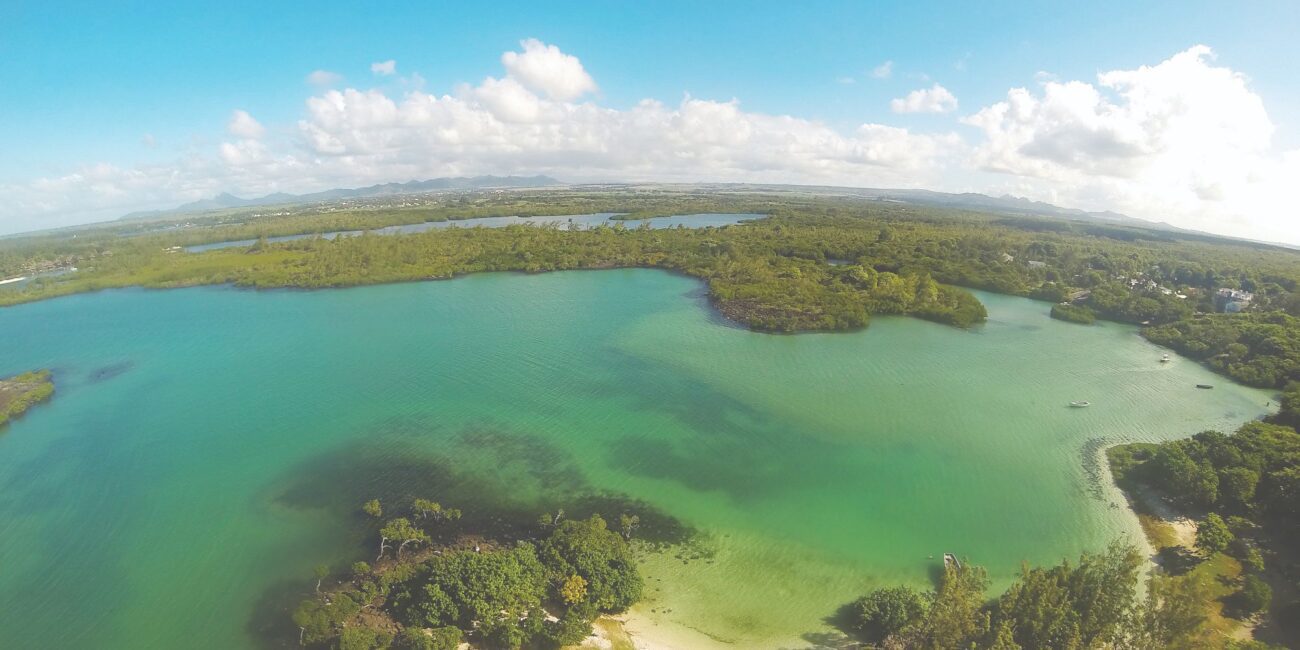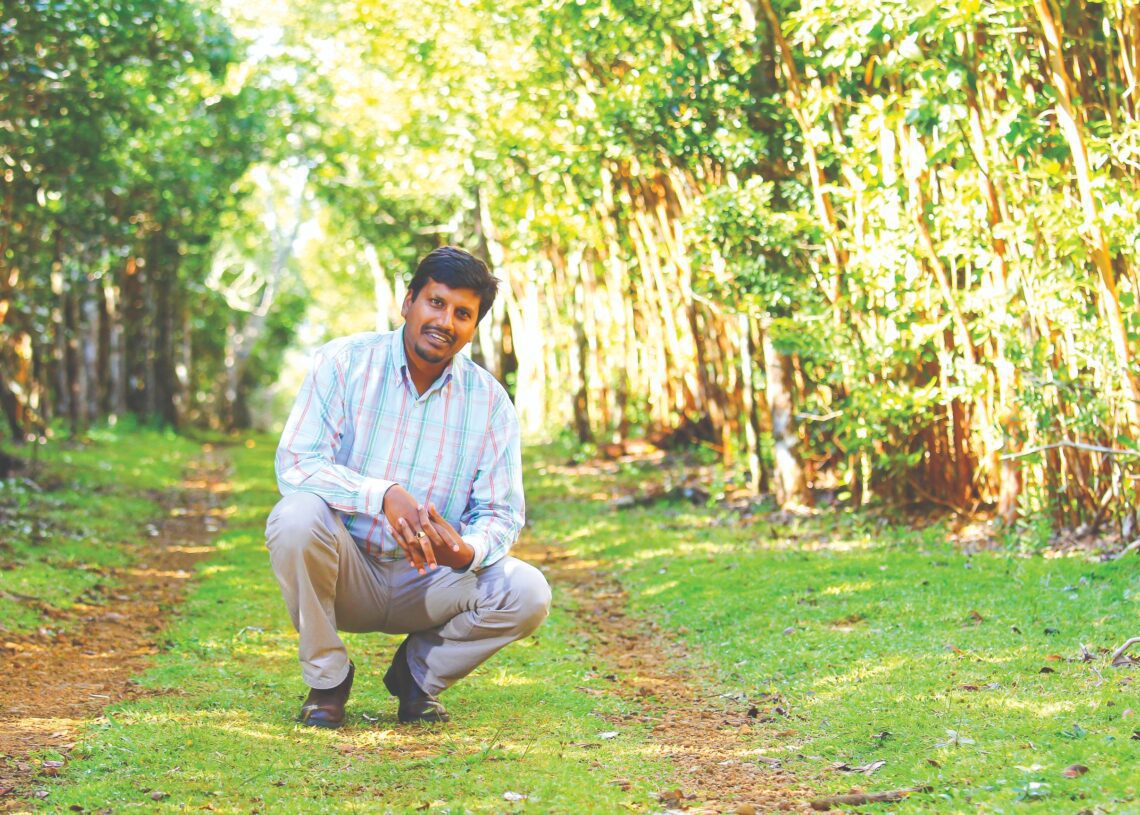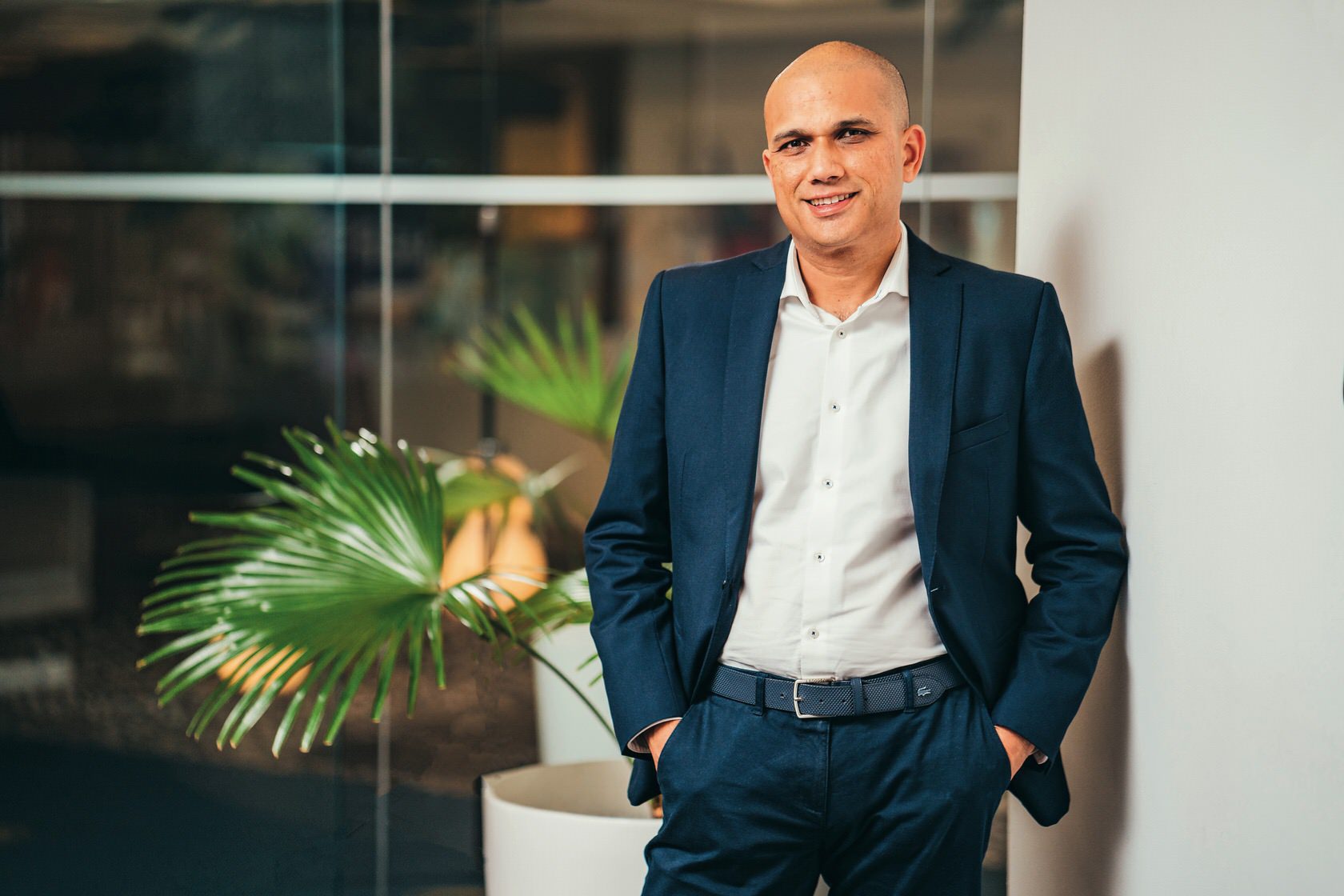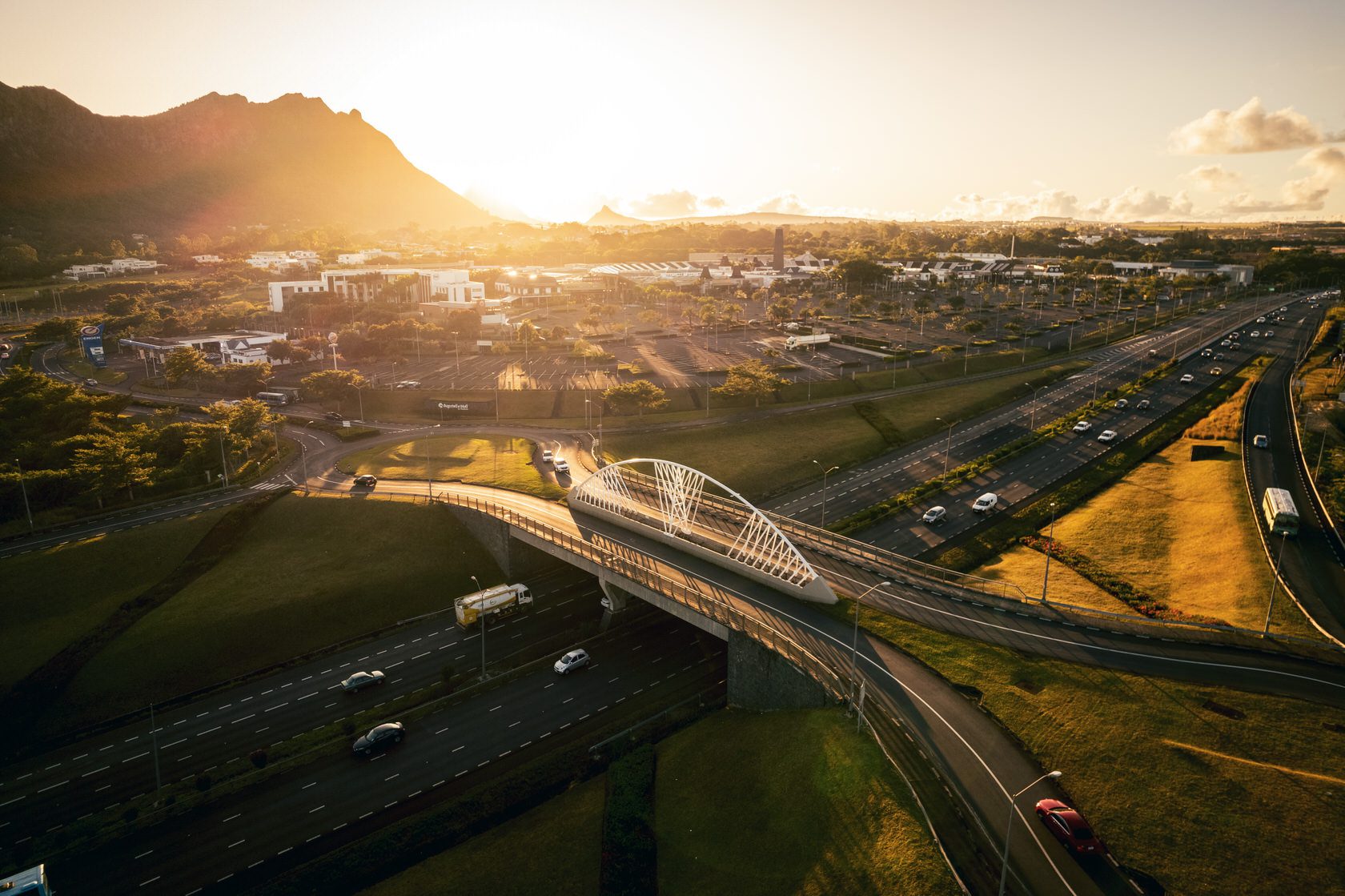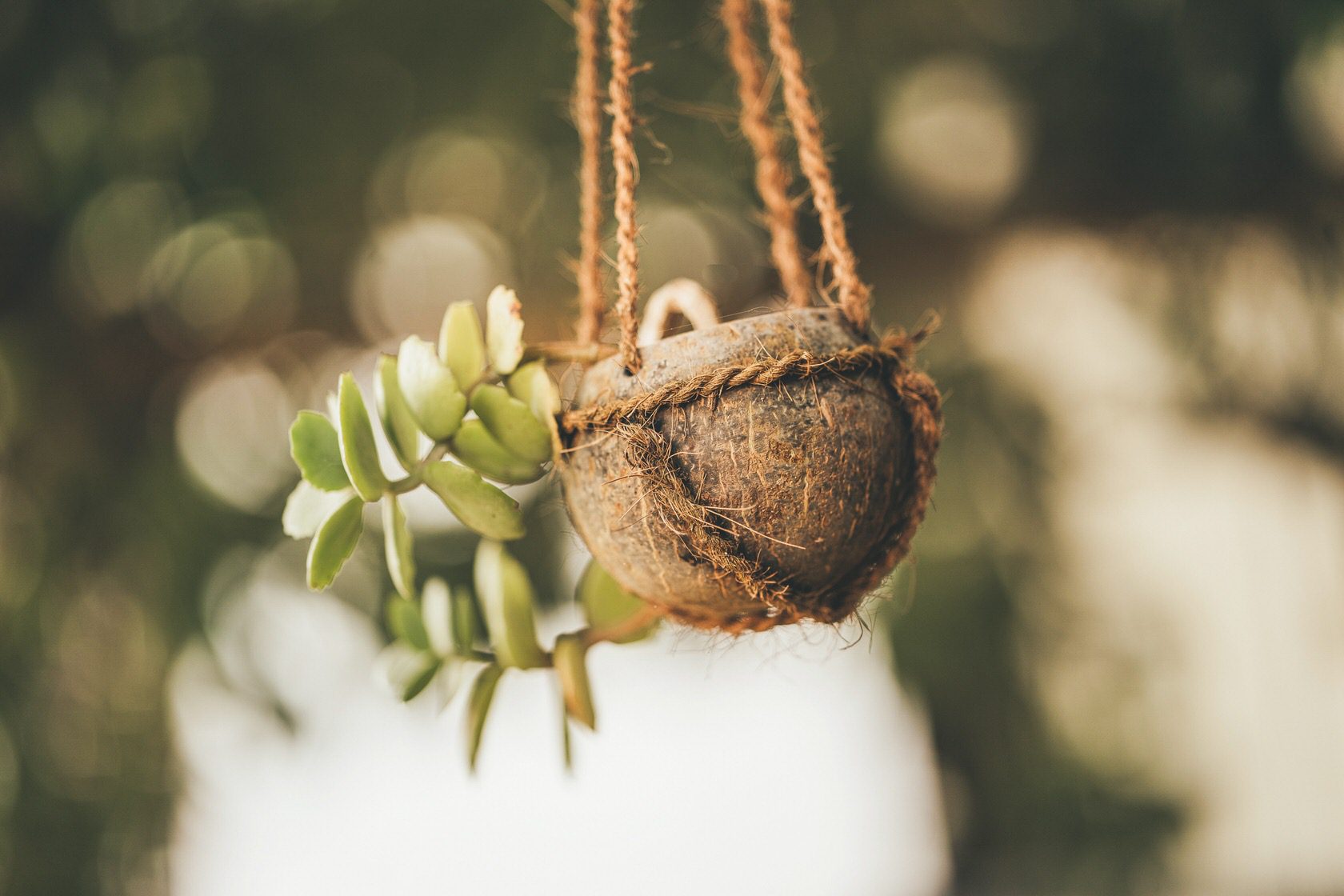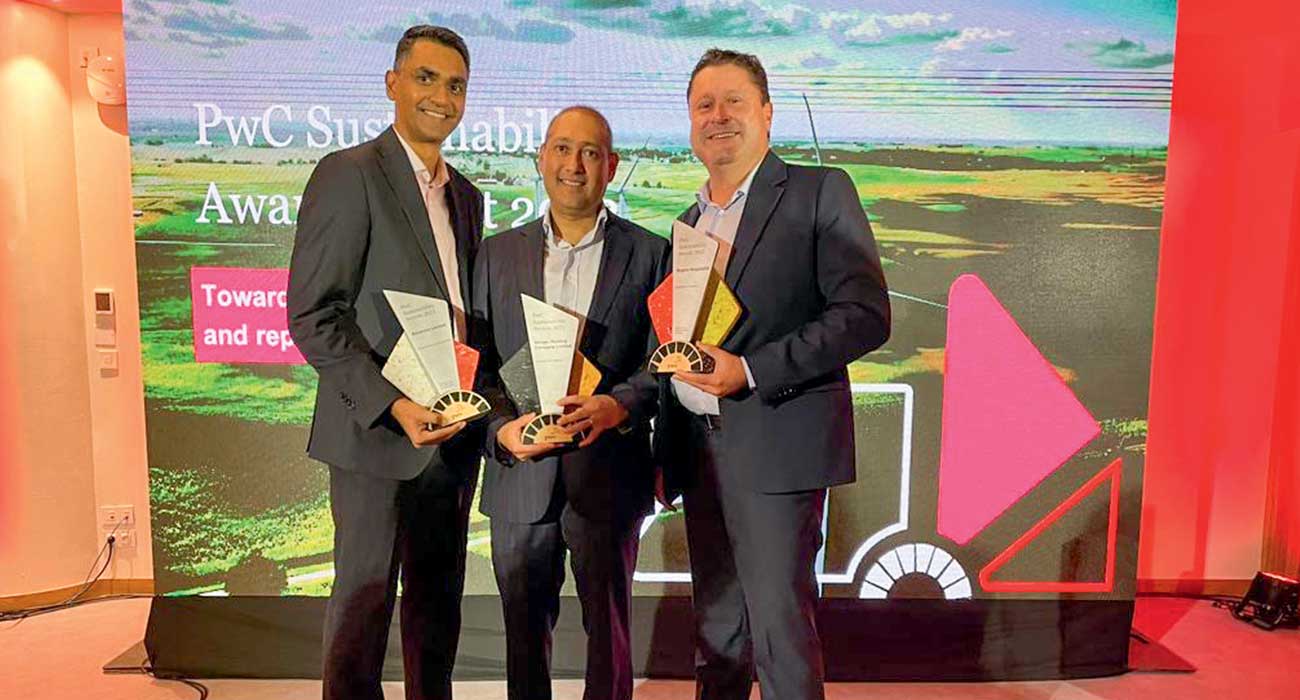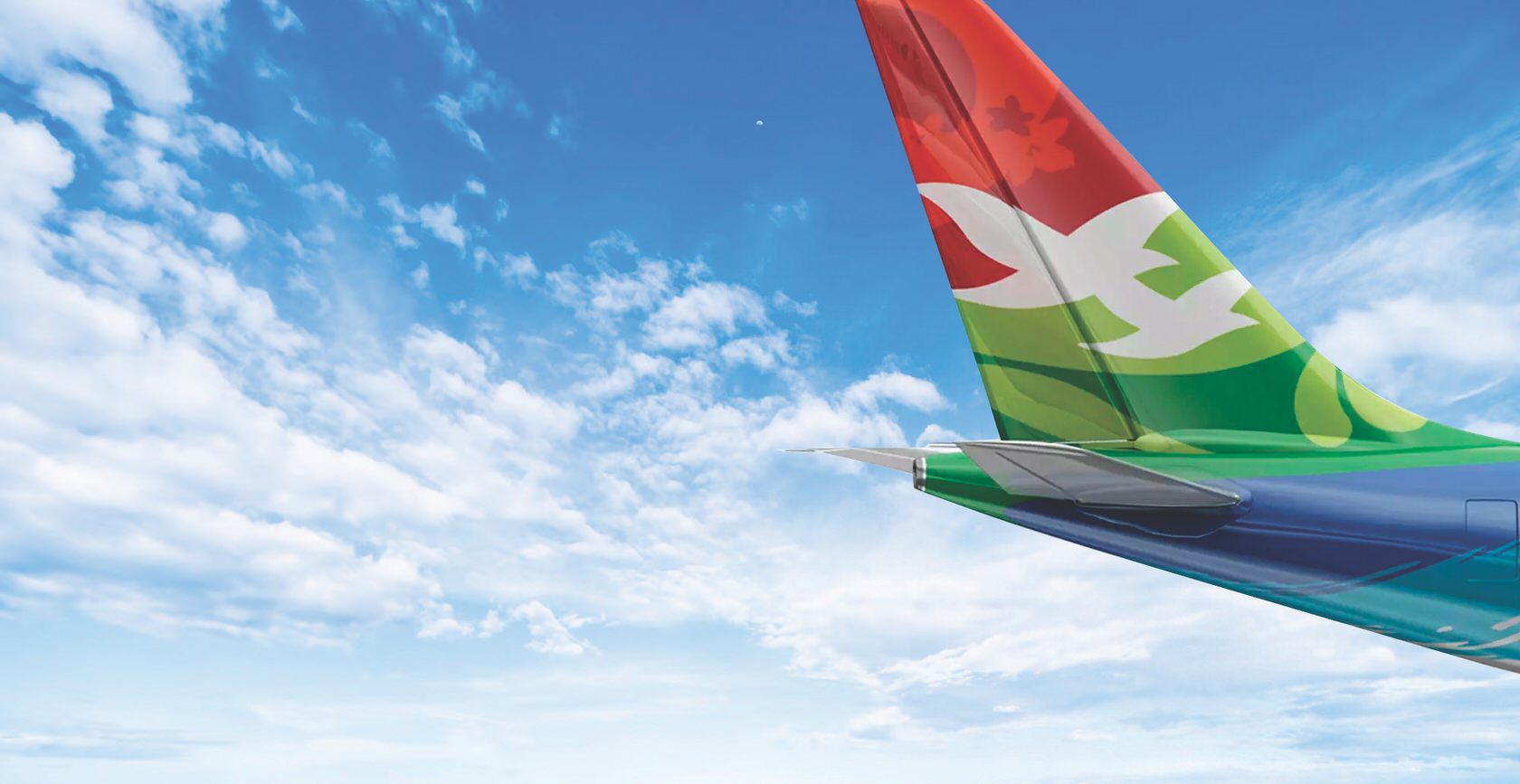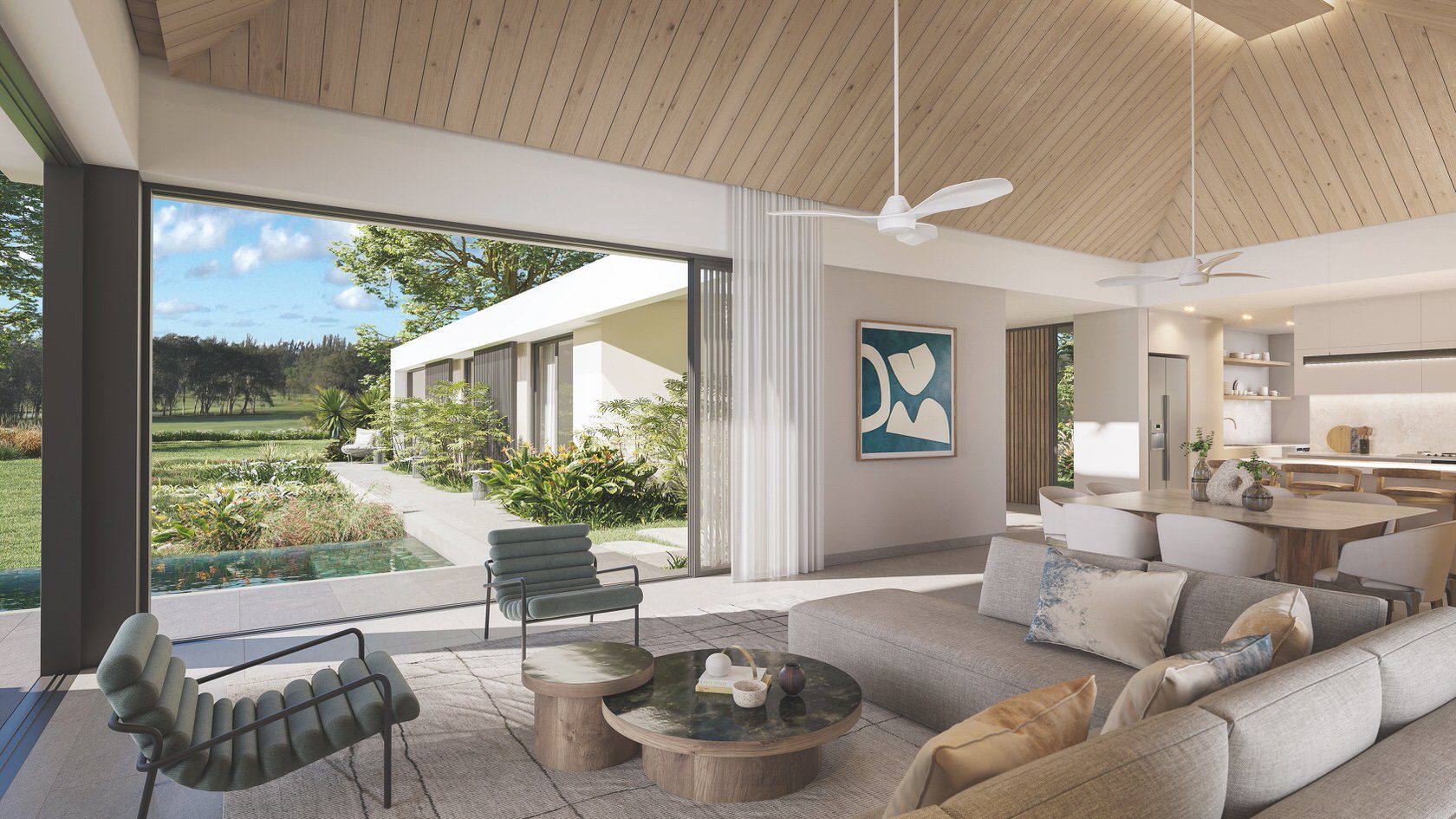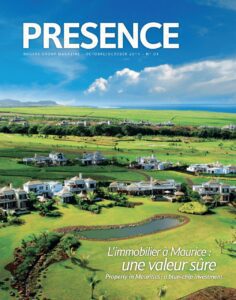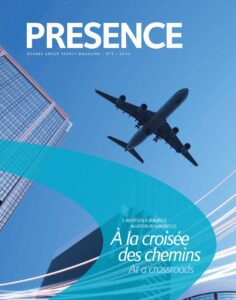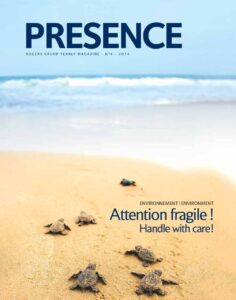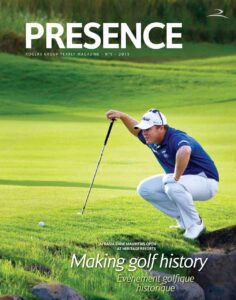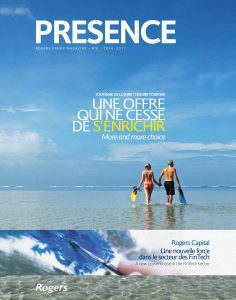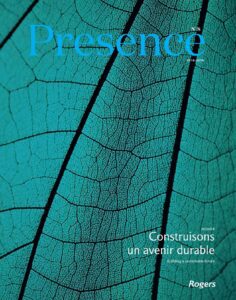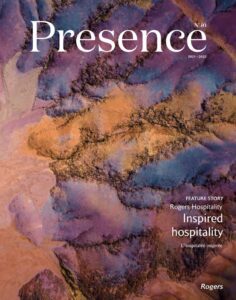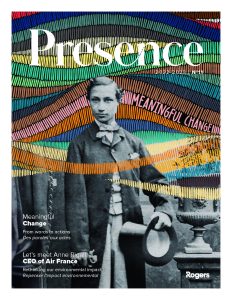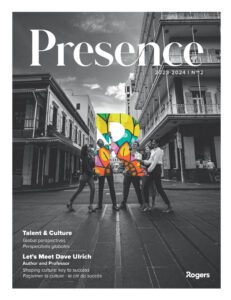Economic development and environmental sustainability are intricately linked, which is why Rogers has been keen to support a more sustainable approach to the management of Mauritius’ coastal and marine environment, which is under considerable stress mainly as a result of human activity. This commitment is in the form of financial support to bring a coherent and sustained approach based on a rigorous methodology, which has already proved itself in the fight against HIV/AIDS.
photos : deeneshen sabapathee | françois rogers | air mauritius rogers image bank | reef conservation | frédérica image bank
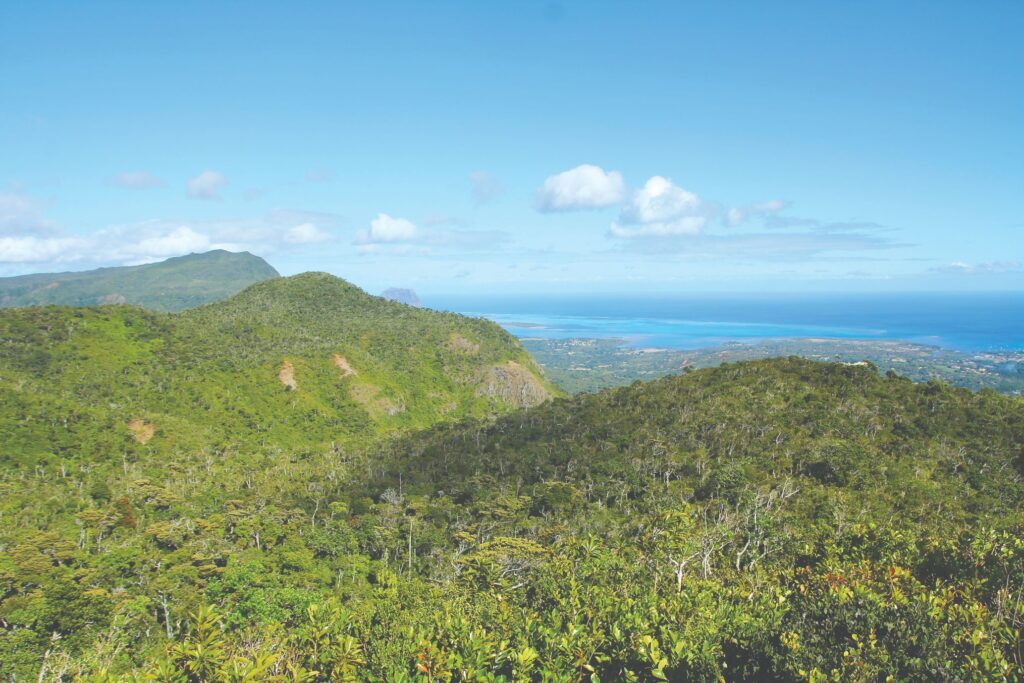
In his message on World Oceans Day, celebrated on 8 June, the UN Secretary-General, Ban Ki-moon said, “We have to ensure that oceans continue to meet our needs without compromising those of future generations. They regulate the planet’s climate and are a significant source of nutrition. Their surface provides essential passage for global trade, while their depths hold current and future solutions to humanity’s energy needs.”
The environment has always been a central concern for Rogers since the company was founded more than a century ago. Indeed, the Group has signed up to the Global Compact, an initiative to encourage businesses worldwide to adopt sustainable and socially responsible policies. It specifies ten principles including a precautionary approach to environmental challenges, taking initiatives to promote greater environmental responsibility and encouraging the development and diffusion of environmentally-friendly technologies. The vision behind the Global Compact is to work for a more stable and inclusive global economic model to the general benefit of people, local communities and commerce.
After making a concrete contribution in the fight against the HIV/AIDS pandemic from 2007 to 2013, the success of which was highlighted in the United Nations Global Compact International Yearbook, the Group has now decided to focus on environmental responsibility through the conservation of coastal and marine ecosystems. To this end, Rs50 million (roughly €1.2 million) has been earmarked over a five-year period to support the Respect our Coast programme, which is in line with the Maurice Ile Durable concept. Rogers plans to address the issue through adopting a multi-sectoral approach involving the public and private sector as well as NGOs and local volunteer groups.
During the presentation of the initiative in February 2014, Audrey d’Hotman de Villiers, the Group’s CSR Manager, said, “The beauty of our island, with its green hillsides, its golden sands and turquoise lagoons, is one of the main factors behind our country’s success. Rogers is moreover conscious that its activities affect all aspects of society, on both land and sea, and the Group is keen to make a contribution towards conservation. Stopping the degradation of the Mauritian coastal ecosystem is one of the country’s major challenges and perhaps the most complex.”
Rogers’ strategy rests on three main pillars – creating awareness in each and every citizen of their role in the degradation of coastal areas, education on the positive ways of making a difference and support to related local and national actions. Concretely, the Group will finance the projects of NGOs and specialist organisations, and encourage the participation of its staff in conservation and restoration activities. Additionally, each of the Group’s entities has chosen an area of focus related to its professional expertise or activities.
In the Real Estate & Agribusiness sector, the Domaine de Bel Ombre already contributes to the restoration of endemic flora and fauna in the Southwest of the island, particularly in the Frederica Nature Reserve, in Case Noyale and on the site of the Seven-Coloured Earth. Thanks to the expertise of the Mauritian Wildlife Foundation (MWF), whole areas of primary forest have been restored since 2009. Work has also been carried out in partnership with public bodies since 2011 under the Protected Area Network (PAN) project, supported by UNDP. This initiative aims to extend forest cover and to strengthen the management of reserve areas in Mauritius.
Involvement in the project consists of the restoration and expansion of biodiversity and forest ecosystems belonging both to the state and private landowners. One of the main aspects is the elimination of invasive species which are suffocating woodland areas and preventing endemic flora from flourishing. Parmananda Ragen, Scientific Officer with the National Parks & Conservation Service, has been seconded to the project to co-ordinate the elimination of invasive species. As he explains, “We have already restored nearly 125 acres in the Black River Gorges National Park, which adjoins the Frederica Nature Reserve. It is an activity we’ve carried out in collaboration with the Domaine de Bel Ombre, with a shared aim of restoring our forests.”
“We also provide technical support in terms of strategy, marketing and communication as well as the strengthening of competencies, especially in the ecotourism sector,” adds the Project Manager, Arvind Dookhun. As the number of workers in the sugar industry has declined in recent years, this initiative has the additional advantage of providing employment for people previously working in sugarcane fields.
With an area of some 8% currently under conservation, both of them feel confident that it will be possible to achieve the 11th target under the Aichi Convention which specifies that at least 17% of terrestrial and inland water areas should be conserved by 2020, “especially areas of particular importance for biodiversity and ecosystem services, through effectively and equitably managed, ecologically representative and well-connected systems of protected areas and other effective area-based conservation measures, and integrated into the wider landscapes and seascapes.”
For its part, Rogers Aviation is engaged in the prevention of coastal and marine pollution. Projected initiatives include promoting recycling amongst staff and customers as well as the education of young people on environmental protection, including a project for planting mangroves that will be started by youngsters in the near future with the support of the NGO, ELI Africa.
The Technology activity sector, through Enterprise Information Solutions, is taking part in reducing electronic waste such as discarded batteries, mobile phones, computers and printers. To this end, they are carrying out an awareness and information campaign on available recycling options. Another team of youngsters, supported by ELI Africa, are also building a “solar tree” in order to supply their school with clean energy.
In the port area, Velogic is contributing to social and community development. It is finding new uses for containers left in Mauritius, building social housing and making its premises greener through inter alia the recycling of paper, plastic and engine oil, as well as wooden pallets.
Veranda Leisure & Hospitality (VLH), which operates the Veranda Resorts and Heritage Resorts hotel brands, is actively involved in the protection of marine life and local communities through awareness and education campaigns. Those involved are encouraged to recycle and find innovative ways of re-using their waste.
Another aspect of the action plan consists of strengthening partnerships with respected organisations and associations working for the protection of the environment, including NGOs. Creating public awareness of the importance of biodiversity is an element in each project financed, the first of which concerns the protection of sea turtles (see page 30).
The importance of educating people about environmental matters is recognised by many international organisations, which is why the key element in the programme is a Mobile Education Unit with the NGO, Reef Conservation as main partner. The bus will bring marine science and environmental issues closer to the general public and schoolchildren using entertaining educational formats. Operating as a mobile classroom, it is equipped with interactive tools and educational services as well as laboratory material to accompany the learning process. The Reef Conservation team responsible for running the five-year project will take its expertise and activities into schools, community centres and commercial centres, as well as on to public beaches and into the workplace.
To measure the impact and relevance of all these activities, a base-line survey has been undertaken on current levels of Knowledge Attitude Behaviour and Practice (KABP). The target group will be questioned again halfway through to assess progress made in terms of awareness and learning but even more in terms of changes in behaviour at home, at work and beyond. If necessary, amendments will be made to the action plan in order to improve the chances of meeting the objectives pursued by the project.
Over time, this commitment should lead to a better understanding of the fragility of coastal areas and contribute to their conservation by ensuring the environment is treated properly and ecosystems preserved.

